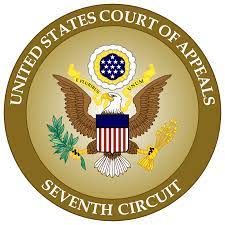On January 6, 2022, the Seventh Circuit Court of Appeals held that the U.S. District Court for the Northern District of Illinois erred in denying class certification to putative subclasses of unsuccessful Black job applicants who alleged that hiring exams used by the Cook County Department of Corrections (“DOC”) resulted in a disparate impact on

